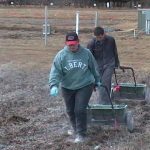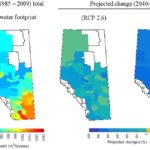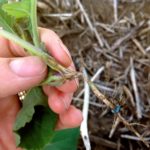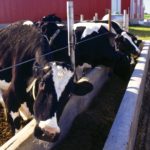RESEARCH Ninety-year-old rotations show compounding nature of systemic production changes
When one part of an agricultural system is changed, the effects are frequently found in unexpected places. For example, the earliest no-till farmers were hoping for soil conservation benefits. Research now shows fields in long-term no-till require less fertilizer. Miles Dyck, a University of Alberta soil scientist, provided that information at the Manitoba Agronomists’ Conference
















